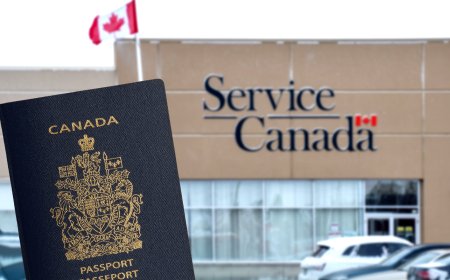Indian students hoping to study in Canada are facing a major hurdle as study visa approvals are projected to plummet by nearly 50% in 2024. This dramatic drop comes as Canada tightens immigration policies and raises financial requirements for prospective students.
The latest figures show a 50% reduction in study permit approvals from India in the first half of the year, with expectations that the trend will continue. By the end of 2024, Canada is expected to issue just over 231,000 new study permits, a stark contrast to the 436,000 approvals granted in 2023. This represents a 39% drop in global applications for Canadian study permits.
In 2022, Indian students made up a substantial part of Canada’s international student population, with 226,000 out of 550,000 international students hailing from India. Currently, 320,000 Indian students are in Canada on study visas, many contributing to the economy through gig work.
Recent policy changes have intensified the challenge. The Canadian government has increased the financial proof required from students to $20,635, up from the previous $10,000. Additionally, a new cap on international student numbers aims to reduce the intake by 35% in 2024.
The government’s target of 364,000 approved study permits for 2024 is based on a cap of 606,000 applications. However, considering that 20% of students typically apply for extensions, the effective target stands at 364,000, representing a 47% decrease from 2023's 436,000 approvals.
Postgraduate program applications, including master’s and doctoral studies, are also seeing a decline. From January to June 2024, only 114,000 study permits were granted, a 48% decrease compared to the same period last year. The second quarter alone saw a 54% drop in processed applications.
Early signs suggest that the new cap is already impacting study permit volumes, although it is too early to fully gauge the overall effect. The peak processing season in summer and early fall will provide a clearer picture of the cap’s long-term impact.

 Like
0
Like
0
 Dislike
0
Dislike
0
 Love
0
Love
0
 Funny
0
Funny
0
 Angry
0
Angry
0
 Sad
0
Sad
0
 Wow
0
Wow
0






































































